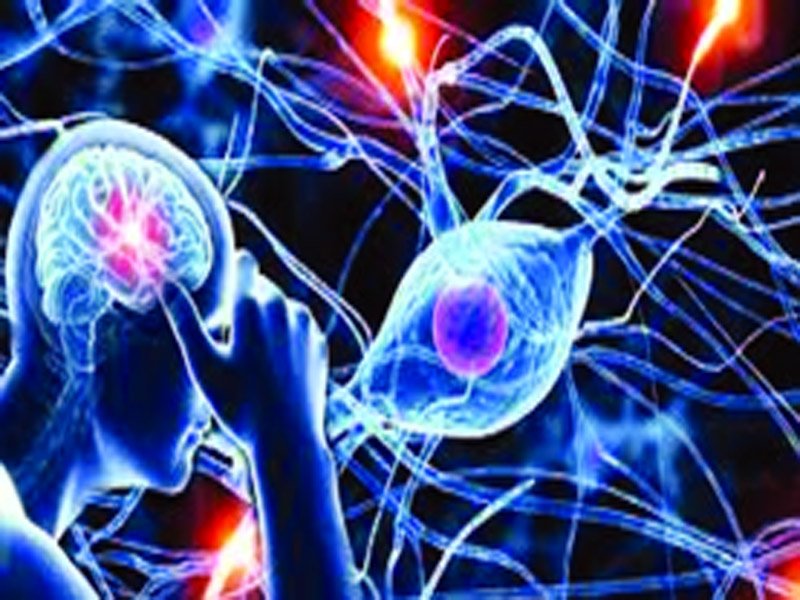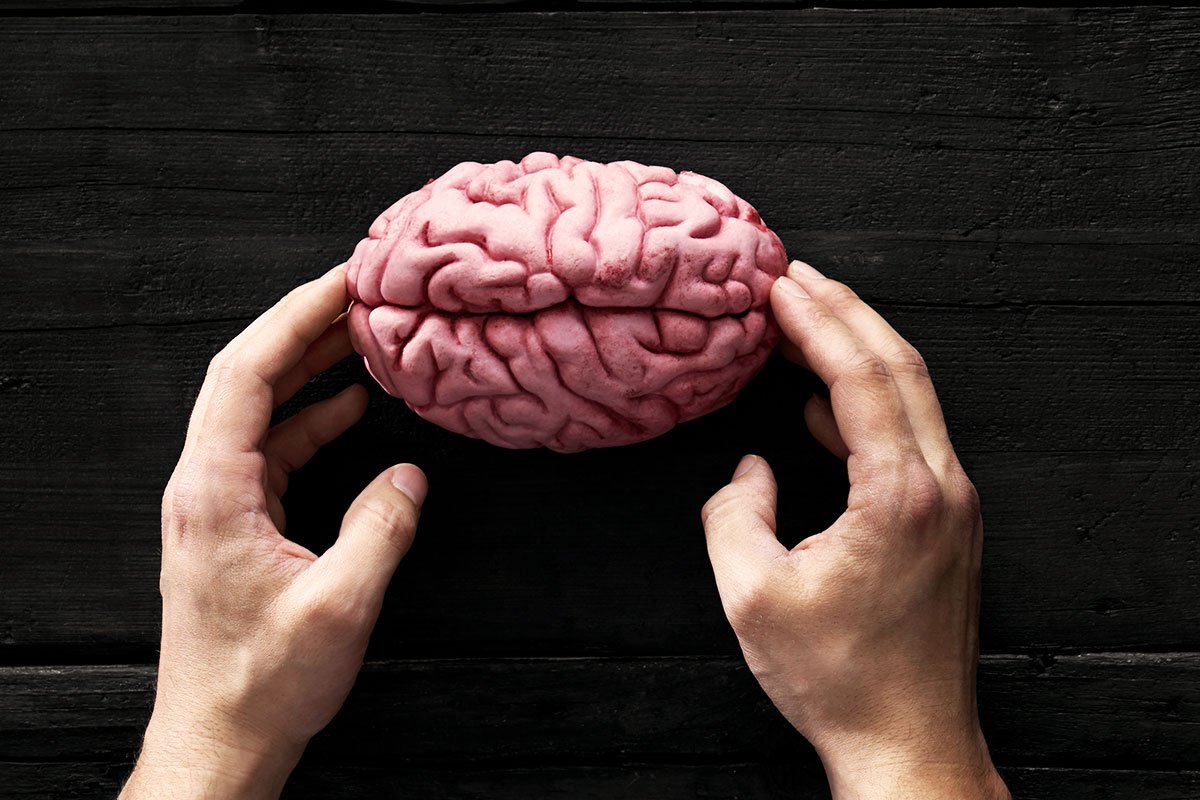Useful Neurological Dysfunction Might Nonetheless Carry Stigma

Useful neurological dysfunction (FND) is commonly misunderstood and wishes recognition and parity in medical schooling, analysis, and scientific service, in accordance with a bunch of 46 neurologists, researchers, and different specialists.
As a result of it predominantly impacts ladies — and since ladies’s historic and societal components proceed to form its narrative — FND is a feminist subject, wrote Laura McWhirter, MBChB, PhD, of the College of Edinburgh in Scotland, and co-authors in a latest assessment revealed within the Journal of Neurology, Neurosurgery, and Psychiatry.
In males, FND could also be underrecognized on account of potential diagnostic bias, the authors acknowledged. Furthermore, sexual abuse and violence are gender-weighted threat components for FND, they noticed.
“FND is the second most typical motive for sufferers to attend neurology clinics, estimated to have an incidence of 4-5 per 100,000 and due to this fact to be current within the inhabitants at an identical frequency to a number of sclerosis and Parkinson’s illness,” McWhirter and colleagues wrote. “Ladies are disproportionately affected by FND throughout phenotypes, with charges of 70% in most giant research.”
FND refers to problems attributable to an abnormality in mind signaling with no important structural mind injury. It could have a wide range of scientific manifestations, together with weak spot, sensory adjustments, involuntary actions, gait disturbances, dissociative episodes, and speech issues. Within the U.S., annual costs for emergency division and inpatient FND care are estimated at greater than $1.2 billion per 12 months.
Over time, FND has shifted from a “rule-out” analysis to at least one primarily based on optimistic scientific indicators. Regardless of this, stigma about FND is pervasive in each delicate and overt kinds, the authors maintained, hindering sufferers’ capacity to get recognized and handled.
“As clinicians working with folks with FND daily, we see firsthand the damaging results of discrimination and stigma in our sufferers and their capacity to have interaction with therapy,” McWhirter informed MedPage At the moment.
“Though FND impacts each ladies and men, the historical past of FND — being wrapped up with historical past of ‘hysteria’ — has contributed to FND being stigmatized and uncared for,” she continued. “Would this have occurred to a dysfunction predominantly of males?”
The origins of FND stigma are complicated, the authors mentioned. The interaction of girls’s well being and societal components has been studied in nice depth traditionally, they famous, particularly in Victorian depictions of neurasthenia and hysteria.
“The problematic historical past of hysteria must be clearly separated from present definitions of FND, which will be recognized on the premise of optimistic scientific indicators with very low charges of misdiagnosis,” McWhirter mentioned. Latest FND misdiagnosis charges have been reported at lower than 4%, for instance, and a 14-year follow-up research discovered a diagnostic revision fee of 1%.
“The stigma connected to FND additionally comes from an period when FND was confused with malingering — that’s, the concept that sufferers had been ‘faking’ their signs,” famous Alberto Espay, MD, MSc, of the College of Cincinnati, who wasn’t concerned with the assessment.
“Whereas this was fully inaccurate, the consequences have endured,” Espay informed MedPage At the moment. “Because the authors level out, the proof exhibits that FND just isn’t suitable with feigning.”
“Clinicians want to concentrate on the lingering prejudice towards FND and the significance of creating a analysis fully depending on the neurological examination and unbiased from the psychological stressors,” Espay added. “If it weren’t for the robust affiliation of FND with sexual abuse, which disproportionally afflicts ladies, the prevalence of FND could also be comparable in women and men, fairly completely different from what we’ve been led to consider.”
Regardless of FND being one of the crucial frequent causes for presentation to the neurology clinic, there have been few randomized managed multicenter trials taking a look at FND therapy, the authors noticed. On the time the paper was written, 285 research had been recruiting for epilepsy, they famous; 185 had been recruiting for motor neuron illness, 446 for a number of sclerosis, 556 for Parkinson’s illness, and 10 had been recruiting for FND.
“FND, like different problems traditionally seen as predominantly feminine, is massively uncared for by way of analysis and specialist scientific service provision,” McWhirter mentioned.
“As clinicians, we’ve a duty to look at our personal biases and preconceptions right here and to acknowledge the discrimination lots of our sufferers — female and male — have skilled previous to analysis,” she added. “We should work in direction of fairness for FND in analysis and scientific providers.”
Judy George covers neurology and neuroscience information for MedPage At the moment, writing about mind growing old, Alzheimer’s, dementia, MS, uncommon illnesses, epilepsy, autism, headache, stroke, Parkinson’s, ALS, concussion, CTE, sleep, ache, and extra. Observe
Disclosures The assessment paper represented analysis partly funded by the Nationwide Institute for Well being and Care Analysis (NIHR) Maudsley Biomedical Analysis Centre on the South London and Maudsley NHS Basis Belief, King’s School London, and the Medical Analysis Council. The authors declared no competing pursuits. Major Supply Journal of Neurology, Neurosurgery, and Psychiatry Supply Reference: McLoughlin C, et al “Useful neurological dysfunction is a feminist subject” J Neurol Neurosurg Psychiatry 2023; DOI: 10.1136/ jnnp-2022-330192.
Please allow JavaScript to view the feedback powered by Disqus.



